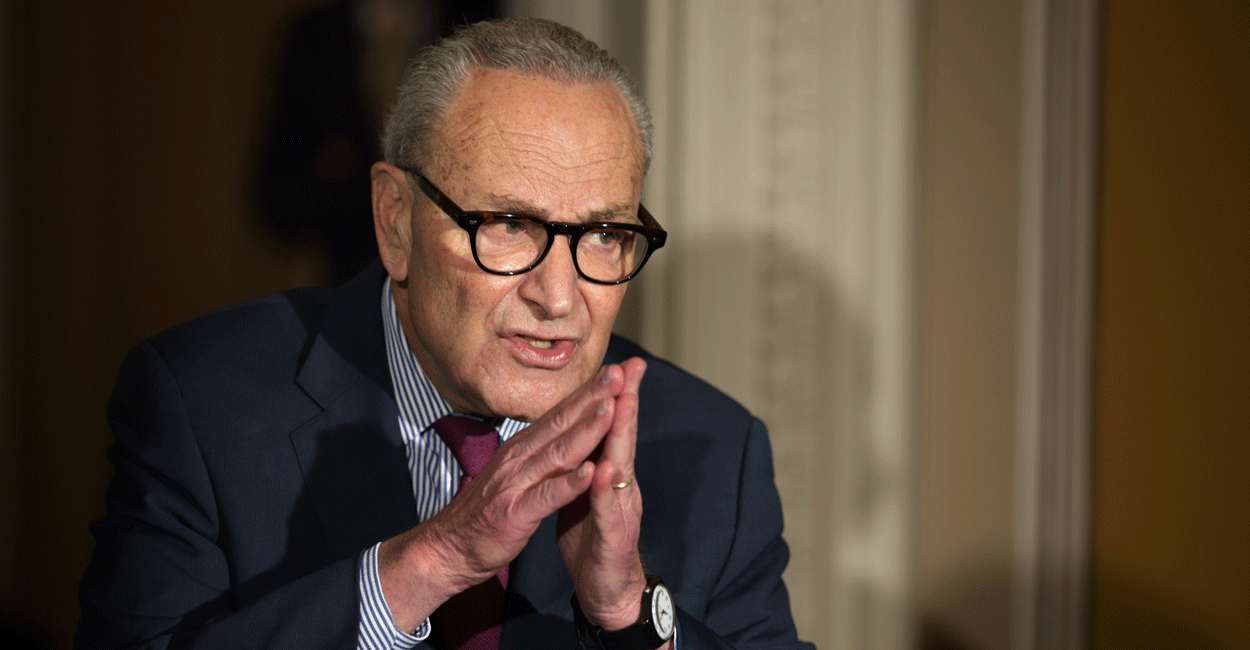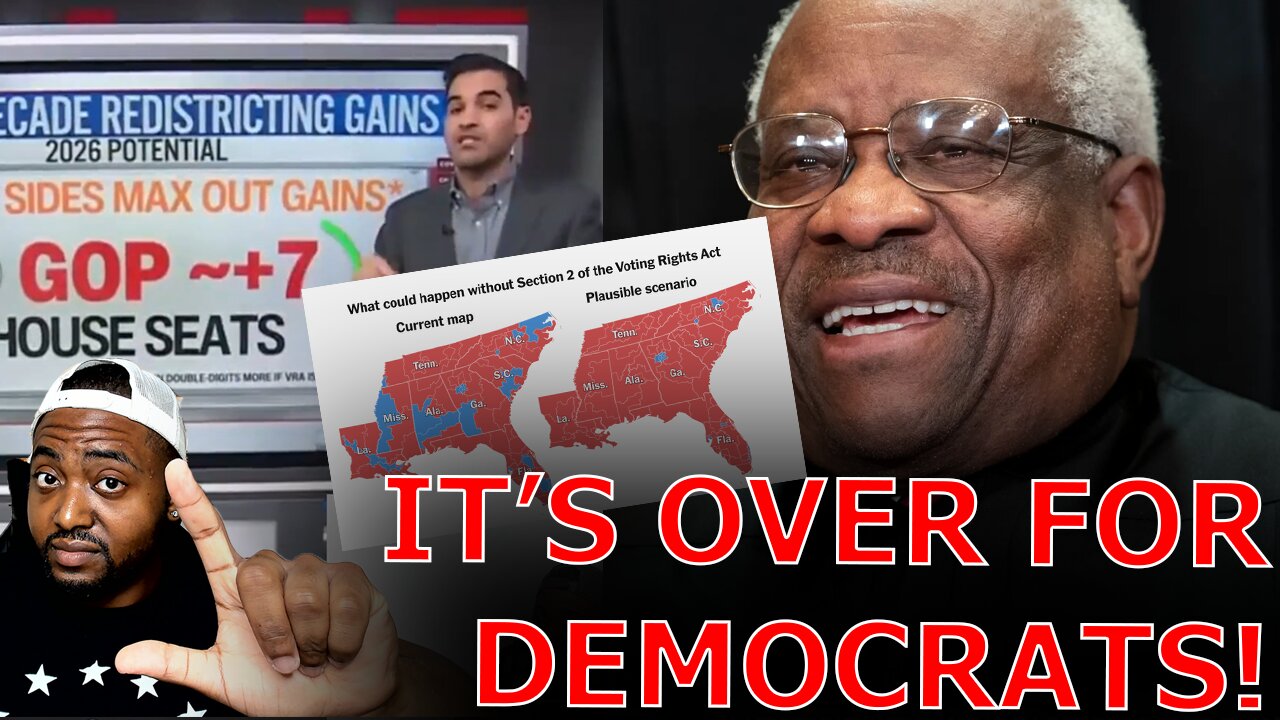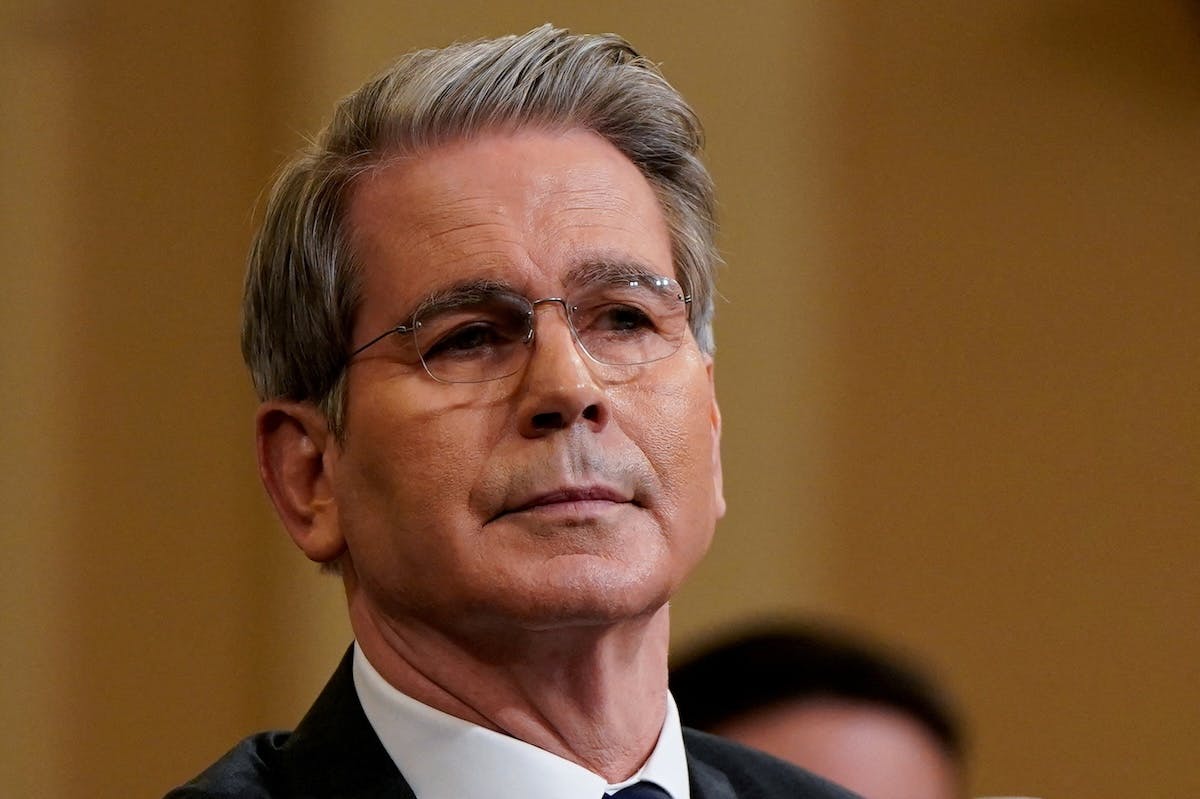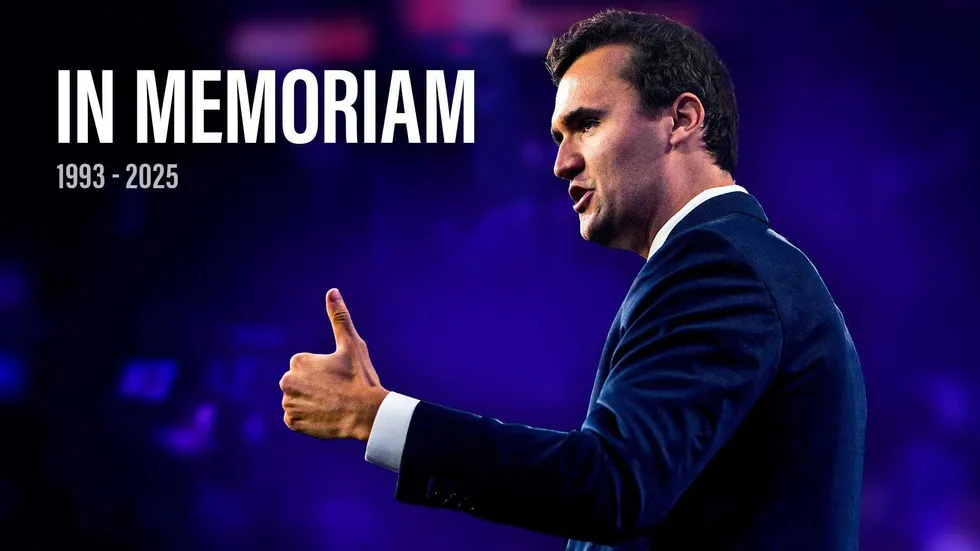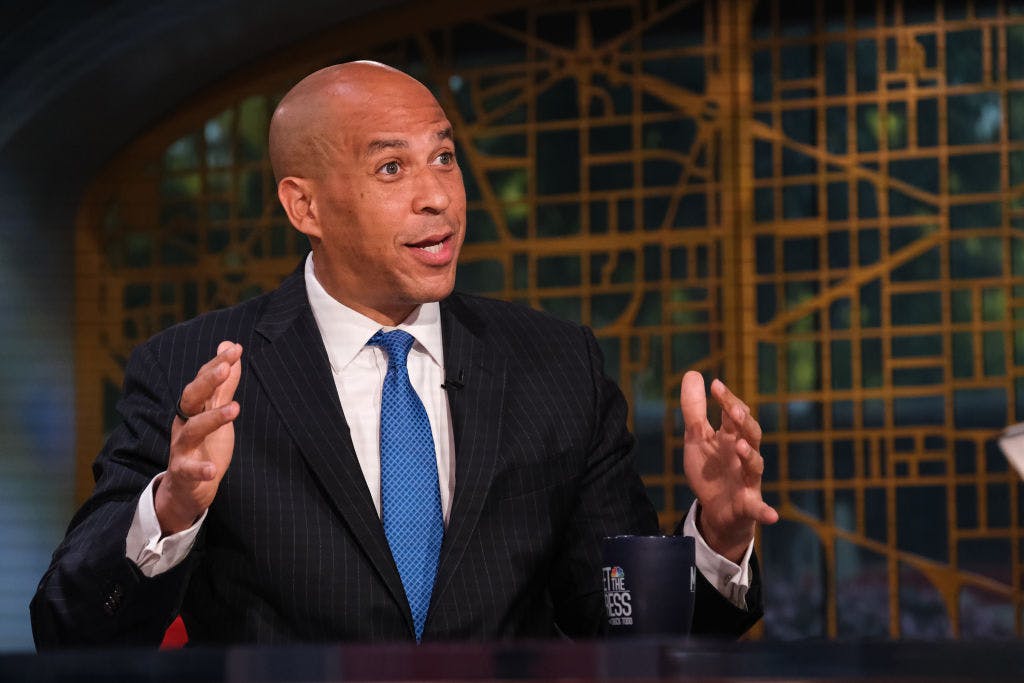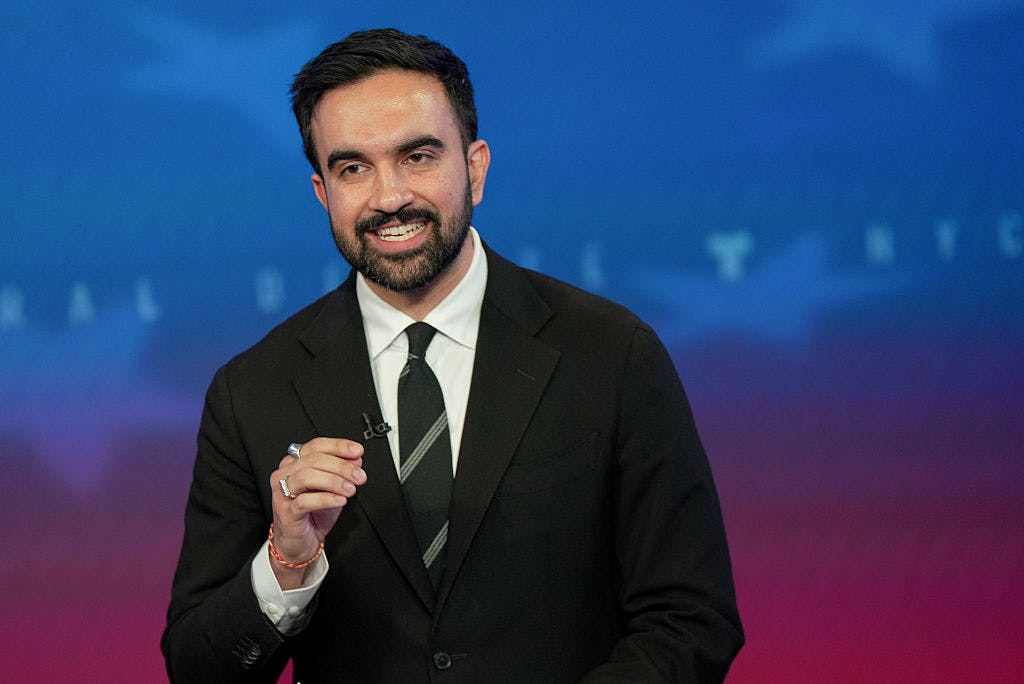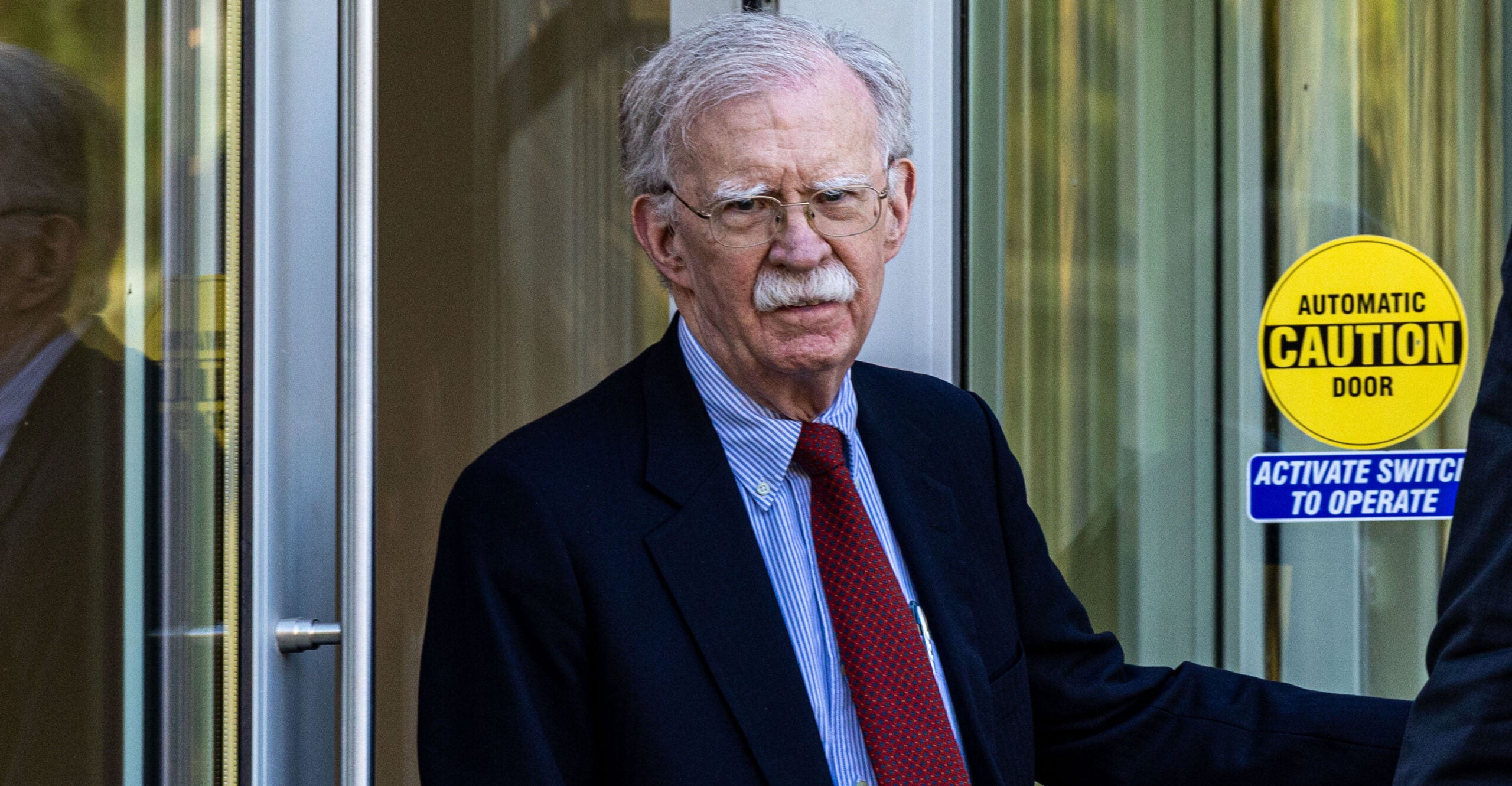IBM Rolls Back DEI, Commits To Political Neutrality

It’s not an exaggeration to say that conservative shareholder engagement is changing the corporate game. For years, Left-wing activists controlled the agendas at our largest companies, using not only their leverage as stockholders but their perpetual devotion to activism to get in the ear of America’s boards and directors. The result? Leftward drift in virtually every major company. But now conservative shareholders, from ordinary investors to major conservative nonprofits, are stepping into the game — and their engagements are bearing major fruit. The latest proof? IBM.
IBM’s track record on corporate bias and activism is notorious. The company was a member of the Global Alliance for Responsible Media (GARM), a group created by the World Federation of Advertisers that worked to keep ad revenue away from conservative news sites like the Daily Wire to free speech-centric platforms like X. And that’s before all the DEI concerns surfaced. After IBM CEO Arvind Krishna was caught on a hot mic discussing how the company uses quotas of ‘underrepresented’ minorities in determining their executive pay — in Krishna’s words, execs have “got to move both [race and gender] forward by a percentage point” in order to get a higher bonus. That means DEI. That means quotas. Following these snafus, the reputational, ethical, and (in the case of the Missouri AG who sued IBM) legal scrutiny was swift in coming.
IBM’s motto since its early years has been “THINK,” referring to the innovative spirit with which the company solves problems. Yet when it came to political bias, that motto was missing in action — and shareholders took notice. In January, the firm I work for, Bowyer Research, began work with the Heritage Foundation to hold IBM accountable for the DEI quotas that Krishna described. The argument? Simple — use of non-meritocratic quotas based on race and gender aren’t just bad for reputation, but illegal on their face and bad for business. Shareholders, from major nonprofits to ordinary mom-and-pop investors, shouldn’t have their business returns impacted by IBM’s belief in identity politics.
As the shareholder engagement heated up on the internal front, pressure from journalists and influencers like Robby Starbuck increased on the external front. That pressure built and built — and the release began earlier this month, when IBM announced the end of many of its DEI initiatives and related goals, including the elimination of its diversity council, the phaseout of its supplier diversity initiatives, and no longer participating in surveys put out by radical corporate activist groups like the Human Rights Campaign, which pressures companies to cover puberty blocker access for employees’ children in the name of “health care access.”
That would have been news enough — until several days ago, when IBM also agreed to include viewpoint neutrality as part of its advertising policy in response to Heritage’s shareholder engagement. That means that biased, activist-driven, political censorship that ad cartels like GARM perpetuate is now explicitly banned under IBM corporate policy. IBM listened to its shareholders, its employees, and its customers — and the result is another company willing to make commitments to political neutrality. This is what happens when authentic shareholder advocacy, championing political neutrality, merges with external pressure to drop corporate bias: change happens, and happens in the form of concrete policy commitments, not just boilerplate PR statements. It’s a praiseworthy step.
But is the scrutiny over? Absolutely not. IBM needs to demonstrate that they’re committed to actually staying the course on being politically-neutral and quota-free. Outstanding questions remain. During our engagement on behalf of Heritage, the company notably claimed to the SEC that they couldn’t give a definition of DEI as grounds to ignore shareholder concerns — so how did they go from not knowing what DEI is to getting rid of it? (You can probably guess how.) The company holds its annual meeting of shareholders today, and if they’re savvy will make a point of focusing their messaging on business, not activism.
Achieving the commitment to neutrality at IBM was the result of a myriad of groups, from shareholders like Heritage to legal giants like Alliance Defending Freedom to the courageous IBM employees willing to speak out about the bias behind the scenes. And it’s going to take all of those groups to be vigilant now — not paying attention to our boardrooms is what got us into the woke mess in the first place.
This is the next phase of rooting out bias and wokeness from corporate America — watching tirelessly to see whether companies that commit to ditching DEI are actually willing to put their messaging and money where their mouths are. Smart companies will be willing to commit to change. Foolish ones will hope to either avoid scrutiny altogether or reintroduce the same tired DEI policies under the guise of phrases like “belonging.” It’s our job, as shareholders, as customers, and as Americans, to keep up the pressure for accountability with the leverage that we’ve been given. And above all, to make the case for what truly makes every company successful: the courage to resist activism and the fortitude to focus on business.
* * *
Isaac Willour is an award-winning journalist focusing on race, culture, and American conservatism, as well as a corporate relations analyst at Bowyer Research. His work has been featured at outlets including USA Today, The Wall Street Journal, The New York Times Opinion, C-SPAN, and The Daily Wire. He is a member of the Young Voices contributor program and can be found on X @IsaacWillour.
The views expressed in this piece are those of the author and do not necessarily represent those of The Daily Wire.
Originally Published at Daily Wire, Daily Signal, or The Blaze
What's Your Reaction?
 Like
0
Like
0
 Dislike
0
Dislike
0
 Love
0
Love
0
 Funny
0
Funny
0
 Angry
0
Angry
0
 Sad
0
Sad
0
 Wow
0
Wow
0
